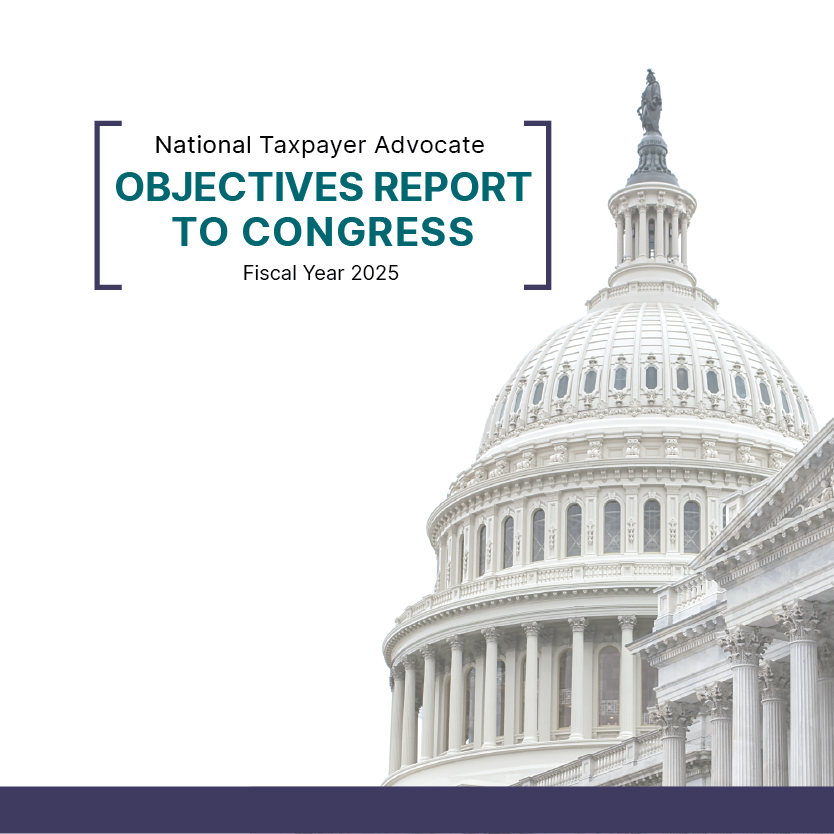

On June 26, 2024, I submitted to Congress the National Taxpayer Advocate Fiscal Year 2025 Objectives Report to Congress, which outlines the 2024 filing season and identifies key objectives my organization will undertake for the upcoming fiscal year. The report identifies our key objectives for the upcoming fiscal year, including 11 systemic advocacy objectives, five case advocacy and other business objectives, and four research objectives.
In July, we will publish the IRS responses to each of the 78 recommendations I made in my 2023 Annual Report to Congress. I’m pleased to report the IRS has agreed to implement 62 of the recommendations in full or in part.
First, the good news: After several years of abysmal taxpayer service during the COVID-19 pandemic, the IRS has now delivered two filing seasons that demonstrate the agency has restored service to pre-pandemic levels and has improved in most, but not all, areas of service. This is excellent news for most taxpayers.
Now, the not good news: Despite these improvements, the IRS has fallen behind on processing Identity Theft Victim Assistance cases. As of April 2024, there were approximately 500,000 unresolved cases in inventory that the IRS was taking more than 22 months to resolve, followed by several additional weeks to issue refunds. The IRS must prioritize assistance for these victims and address their problems quickly. Other challenges remain with the way the IRS allocates its resources, the Level of Service it provides through phone lines, and the plan to transform its operations, as the report discusses.
Acknowledgement of our employees: Although the statute governing my position requires me to identify taxpayer problems and propose administrative and legislative recommendations to resolve them, I would be remiss if I did not recognize the incredible efforts of my employees. TAS has served nearly one million taxpayers since the start of the pandemic. As the IRS faced increasing challenges, TAS faced increasing caseloads. Despite difficulties, we’ve continued to serve as a safety net for taxpayers experiencing problems with the IRS. I am incredibly proud and appreciative of my employees’ dedication and hard work on behalf of our nation’s taxpayers, including some of the most vulnerable experiencing significant financial hardship because of an IRS problem. I also want to acknowledge, recognize, and thank other IRS employees, managers, and leaders for getting the filing season back on track and improving service to our taxpayers.
The IRS has faced more than its fair share of challenges these last few years. Did it do a perfect job this past year? No. But I remain optimistic the IRS is making strides in the right direction as it begins to modernize its technology systems and business processes. I also remain adamant that transformational change requires continued funding for improvements in taxpayer services and technology modernization. I encourage you to read our report for a full assessment of the filing season and review of the key initiatives TAS has planned for fiscal year 2025.
The views expressed in this blog are solely those of the National Taxpayer Advocate. The National Taxpayer Advocate presents an independent taxpayer perspective that does not necessarily reflect the position of the IRS, the Treasury Department, or the Office of Management and Budget. NTA Blog posts are generally not updated after publication. Posts are accurate as of the original publication date.